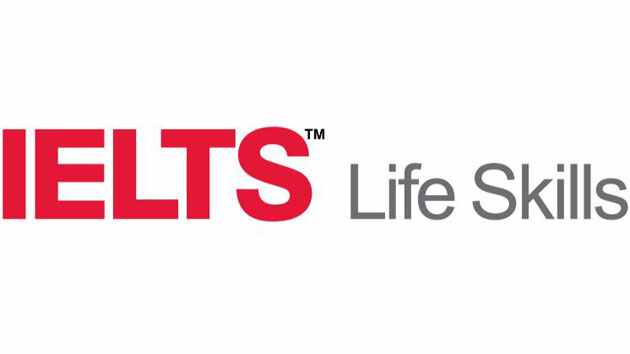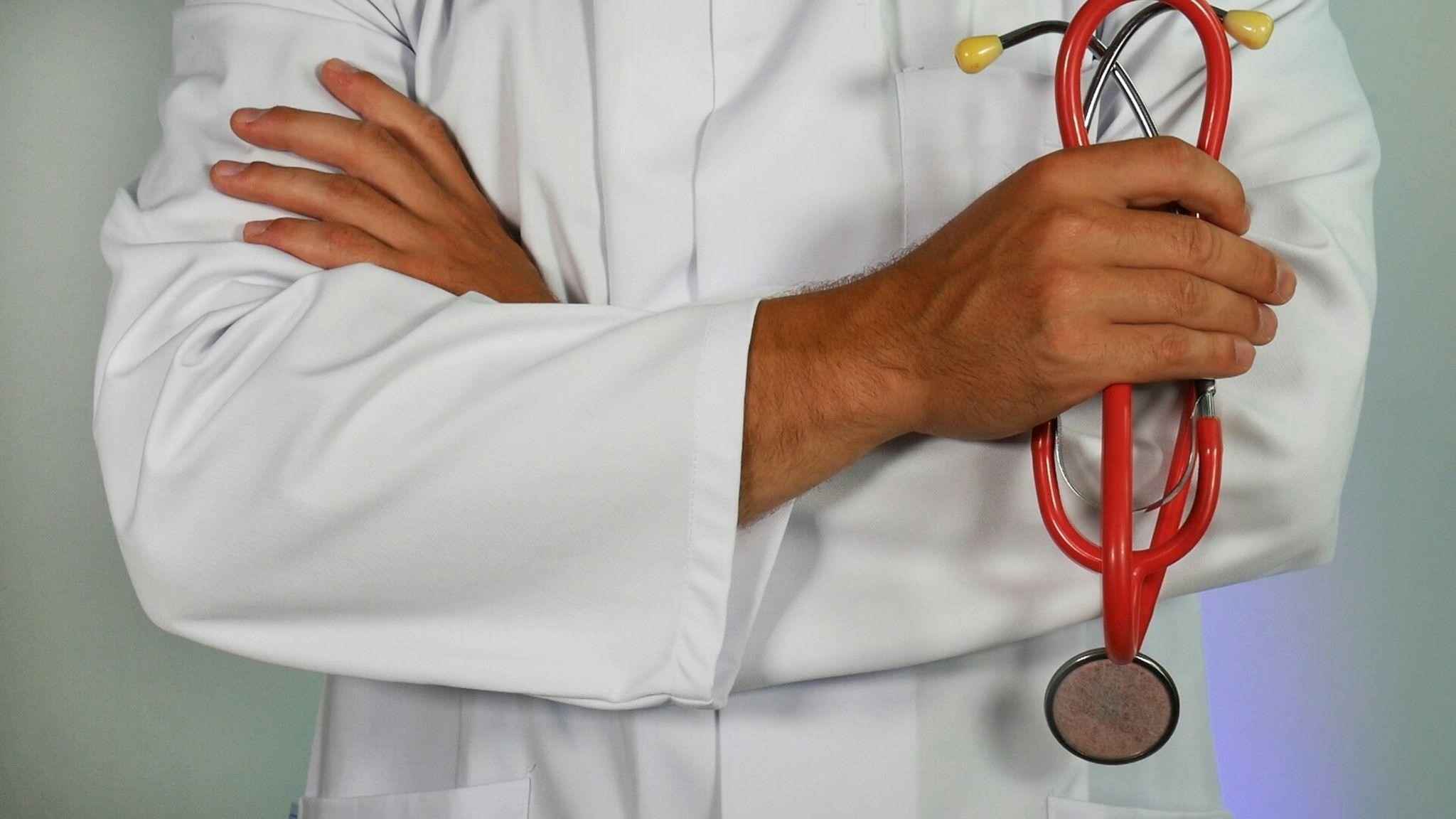For high-achieving high school students with their sights set on becoming physicians, BS/MD programs offer an almost direct route to medical school. These extremely competitive combined programs allow students to earn both a Bachelor of Science (BS) and a Doctor of Medicine (MD) degree in one streamlined process. But acceptance rates are often below 5%. So how can you maximize your chances? This guide breaks down the key steps to help you navigate the application process successfully.
Step 1: Understand What BS/MD Programs Are
BS/MD programs are designed for students committed to a career in medicine. Unlike the traditional pre-med route, these programs guarantee admission to medical school upon successful completion of undergraduate requirements. Although this provides some advantages, such as not worrying about the stress of medical school applications, it requires a commitment to the medical field from an early age.
Key Features of BS/MD Programs:
- Combined undergraduate and medical school curriculum.
- Typically completed in 7-8 years.
- Guaranteed medical school admission (conditional on maintaining academic standards).
- Opportunities for early exposure to clinical experiences.
Step 2: Research Programs and Requirements
Not all BS/MD programs are alike. Each has different requirements, structures, and focuses. Start by looking for programs that align with your academic interests, career goals, and geographic preferences.
What to Look For:
- Academic Requirements: Most programs have a minimum GPA (often 3.8+) and high standardized test scores (SAT: 1500+, ACT: 34+).
- Extracurricular Expectations: Programs favour students who have made significant efforts in healthcare-related activities, including volunteering, shadowing, or research.
- Program Length: Some programs are accelerated (7 years), while others take 8 years.
- Location and Affiliation: Consider the medical school's reputation and proximity to home.
Creating a list of target programs early will help you stay organized and tailor your application strategy.
Step 3: Build an Academic Profile
BS/MD programs require academic excellence. Your transcript should reflect rigorous coursework, in particular, in STEM.
Strengthening Your Academic Profile
- Take advanced courses including AP Biology, AP Chemistry, and AP Calculus.
- Maintain a very high GPA through high school.
- Score competitively on standardized tests. Private SAT/ACT tutoring may be needed.
Beyond academics, admissions committees look for intellectual curiosity and a passion for learning. To showcase your abilities, participate in science fairs, academic competitions, or other enrichment programs.
Step 4: Gain Relevant Healthcare Experience
Demonstrating a genuine interest in medicine is crucial. Admissions committees want to see that you’ve explored the field and are committed to pursuing a medical career.
Ways to Gain Experience:
- Volunteering: Volunteer at hospitals, clinics, or healthcare organizations to gain exposure to patient care.
- Shadowing: Shadow physicians to understand the daily responsibilities of a doctor.
- Research: Participate in medical or scientific research projects to showcase analytical and critical thinking skills.
These experiences not only strengthen your application but also help you confirm that medicine is the right career path for you.
Step 5: Craft Compelling Essays
Essays form the backbone of BS/MD applications. They will serve as a means to highlight personality, motivation, and devotion towards the medical profession.
Some general essay prompts.
- Why do you want to become a doctor?
- What are the reasons you chose this particular BS/MD program?
- How do you think your experiences have really prepared you for this particular career in medicine?
Tips for Writing Strong Essays:
- Be yourself-personalize. Try telling specific anecdotes that indicate the passion you have for this particular medical profession.
- Clearly articulate why you’re drawn to a BS/MD program instead of the traditional pre-med route.
- Demonstrate self-awareness and maturity.
If you’re unsure how to structure your essays, consider seeking guidance from a BS/MD admission consultant, who can provide expert advice on crafting impactful narratives.
Step 6: Prepare for Interviews
Many BS/MD programs require interviews as part of the admissions process. These interviews assess your communication skills, maturity, and alignment with the program’s values.
How to Get Ready:
- Prepare for many of the common medical school interview questions, such as "Why do you want to be a doctor?" or "Tell me about a challenge you've faced."
- Be ready to speak about your experiences, achievements, and long-range goals.
- Research the program intensely and come prepared with intelligent questions for your interviewers.
Practice mock interviews with a BS/MD consulting professional to perfect your responses and gain confidence.
Step 7: Submit a Well Prepared Application
Once you’ve gathered all the necessary components, it’s time to submit your application. Pay close attention to deadlines, as BS/MD programs often have earlier timelines than regular undergraduate applications.
Checklist for a Strong Application:
- Completed application form (via Common App or program-specific portal).
- Official transcripts and standardized test scores.
- Well-crafted essays.
- Letters of recommendation from teachers, mentors, or healthcare professionals.
- Documentation of extracurricular activities and achievements.
Step 8: Stay Resilient and Open-Minded
Given the competition involved with BS/MD programs, even the most highly qualified candidates may be rejected. Do not lose hope and take up one of the many other available routes to becoming a doctor.
Alternative Routes:
- Undergraduate pre-med strong programs.
- More experience, then return to medical school later in life.
- Alternative careers in healthcare if one's passion changes.
Conclusion
Applying to BS/MD programs requires intense planning and dedication and, of course, a defined plan in medicine. Following these tips will help you build up a competitive application that reveals your strengths and commitment to the medical field. Consultation with a BS/MD admission consultant may become necessary if you want specialized guidance to ensure you build the best possible chances of success. Remember, medical school is a marathon: not a sprint. All the hard work you've put in will pay off in the end because you stayed focused.

.jpg)




